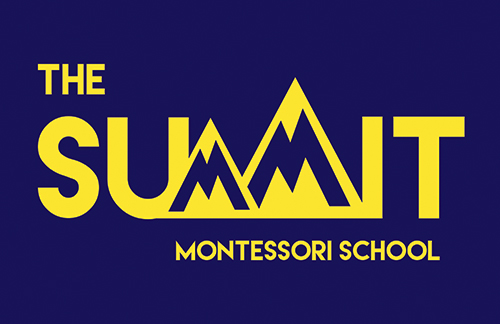
Toddler
2 years to 4 years
The Young Children’s Community or Infant Community serves children who are comfortably walking (approximately age fourteen months) to age three, in a small and intimate group of twelve children and trained staff persons. It has two program options, either half-day or full-day child care. The environment conforms to the physical needs of the children, both in the size of the furnishings and in the opportunities for motor development. The parent-infant class and the infant community use the same environment Adults who are Montessori-trained at the infant-toddler level are called Assistants to Infancy. The Montessori infant-toddler program has several components that offer a wide variety of options and opportunities for involvement by parents. Schools that offer infant-toddler programs may offer one or more of the components described below.
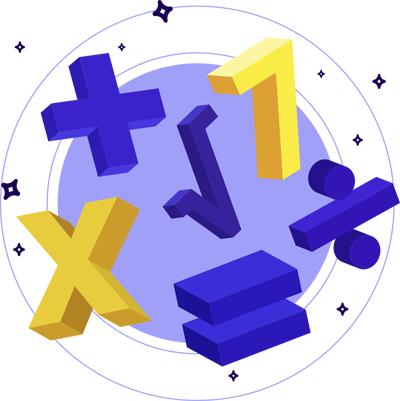
Preschool
Pre-Kinder, Kinder, Preparatory
Our prepared environment abounds with activities which are attractive and interesting to children and which give them clear messages on how to succeed. Teachers design work which builds eye-hand coordination, concentration, manual dexterity and self-reliance. Pre-reading and writing skills and and basic math concepts are introduced in individual and group lessons at a pace which is developmentally appropriate for each child. Our goal is to nurture and encourage the preprimary child’s natural love of learning. Our kindergarten program enriches the regular preprimary curriculum for our five year olds. Each afternoon is devoted to an advanced lesson in a different subject area such as math, english, science or cultural geography. These kindergarten lessons are stimulating and fun. Because they are focused and structured for a group, they prepare the children for the format of an elementary program.
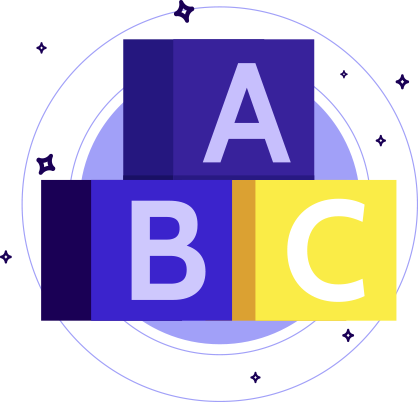
Lower Elementary
1st to 3rd Grade
We teach reading with a multi-sensory method drawing upon the child’s own experiences, interesting themes and relevant information for subject matter. This «whole language» approach promotes reading through the use of familiar and predictable words and phrases.
We supplement this method with traditional phonics and sight word drills. Handwriting, spelling and composition are taught as an integrated set of skills which the children apply in creative writing assignments, research reports and daily journal writing. Children learn mathematics concretely through specially designed materials which lay the groundwork for later stages of cognitive development. First introduced at the Preprimary level, these hands-on Montessori materials enable children to build a solid foundation in number theory, computing skills and logical problem solving.

Upper Elementary
4th to 6th Grade
Students explore varied literary forms through individual and shared reading. Our creative writing program allows children to try different styles and structures. Rules of spelling and language mechanics are taught and practiced. Grammar concepts such as parts of speech and sentence structure are studied in depth.
Students become expert at abstract operations and problem solving. Montessori materials are used to compute operations with decimal numbers, to calculate squares and cubes of 2, 3, and 4 digit numbers, to extract the square and cube roots numbers and to formulate equations for calculating areas and volumes. Students complete the program with an introduction to Algebra.
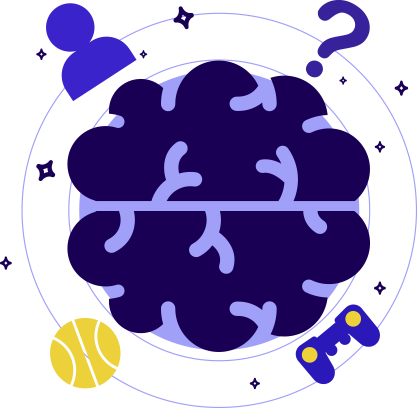
Junior High
7th to 9th Grades
The adolescent is experiencing a significant transformation into a new plane of development. This period of growth is marked by dramatic physical and psychological changes. It is the time in life when students need solidarity with peers, question rules and beliefs, and exhibit an increased desire for independence.
Dr. Maria Montessori suggests that in order to serve the needs of the adolescent, educators must provide them with meaningful work opportunities, opportunities to contribute to the community, to plan activities, to serve as leaders and make decisions, and, of course, to make mistakes along the way. At TSS, we provide these opportunities, create a strong sense of community and work toward building positive relationships with peers and adults, while maintaining high academic standards and having a lot of fun learning.
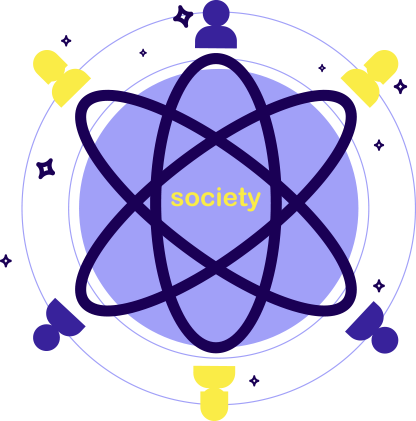
Senior High
10th to 11th Grades
When the rapid growth of adolescence is slowing, a more rigorous intellectual schedule works, combined with social work and apprenticeships in the work world.
The need that is so keenly felt for a reform of secondary schools concerns not only an educational, but also a human and social problem. Schools, as they are today, are adapted neither to the needs of adolescents nor to the times in which we live. Society has not only developed into a state of utmost complication and extreme contrasts, but it has now come to a crisis in which the peace of the world and civilization itself are threatened. More than to anything else it is due to the fact that the development of man himself has not kept pace with that of his external environment.
But above all it is the education of adolescents that is important, because adolescence is the time when the child enters on the state of adulthood and becomes a member of society. If puberty is, on the physical side, a transition from an infantile to an adult state, there is also, on the psychological side, a transition from the child to the adult who has to live in society.
© 2022 Derechos Reservados - The Summit School - Diseño por: CNET Technology Systems
